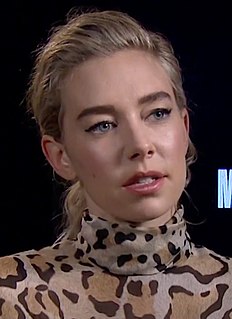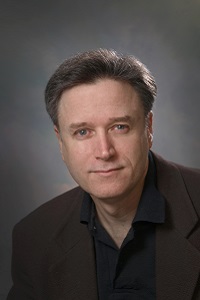A Quote by Paul Beatty
My British publisher has this independent press. It's pretty small; they actually won last year. And she's got this great energy, and she's fiercely independent, and you know this book was a hard sell. No one wanted to buy this book. But she did, and so it's paid off for her, I hope.
Related Quotes
I knew she was a party girl. The book I liked most on her was called [princess] Margaret: A Life of Contrasts and getting to know her, it was how conflicted her position and her internal life - or self - was. She is so fiercely royal and so fiercely "sister of the queen" or "daughter of the king" because that is her identity and it's all she's ever known. And at the same time she is struggling to push the boundaries and to break away from it, to be different or to modernize the monarchy, to turn it on its head.
My mother was the first African-American policewoman in Seattle - recruited, actually - and she did it for only 2 years, as she did not want to carry a gun. She worked mostly on domestic disturbances. The NAACP wanted her to do it. She did not actually have the temperament to be a cop - she was very sweet. She had a Masters in social work.
My mother lived her life through movies and books - she read everything there was to read. And she read to me every night. I never went to sleep without her reading to me. And she fantasized about the book and she would talk about it, the place, and you would think that after she read the book and after she told you stories about it, that she had actually been there. I learned about story from her, and I learned the value of a great story, and the value of great characters.
I'll tell you, Liz Cheney is going to be a very good candidate. I worked with her during the Bush campaigns. She's smart, she's focused, she's disciplined - and she's got a great back story. She's got a large family. She's a great mom. And she's a hard worker. I think she's going to be a very effective campaigner.
My mother wanted to be a mother. That's the only thing she wanted from the bottom of her heart. She didn't want to be the number one actress - which she was - and she didn't want to be this great legend. All she wanted to be was a mother and she did but God took her away. So I always will empathise and sympathise with women.
This book is entirely dedicated to my wife, Robin Sullivan. Some have asked how it is I write such strong women without resorting to putting swords in their hands. It is because of her. She is Arista. She is Thrace. She is Modina. She is Amilia. And she is my Gwen. This series has been a tribute to her. This is your book, Robin. I hope you don't mind that I put down in words How wonderful life is while you're in the world. --ELTON JOHN, BERNIE TAUPIN
The doctor's wife wasn't a bad woman. She was sufficiently convinced of her own importance to believe that God actually did watch everything she did and listen to everything she said, and she was too taken up with rooting out the pride she was prone to feeling in her own holiness to notice any other failings she might have had. She was a do-gooder, which means that all the ill she did, she did without realizing it.



































